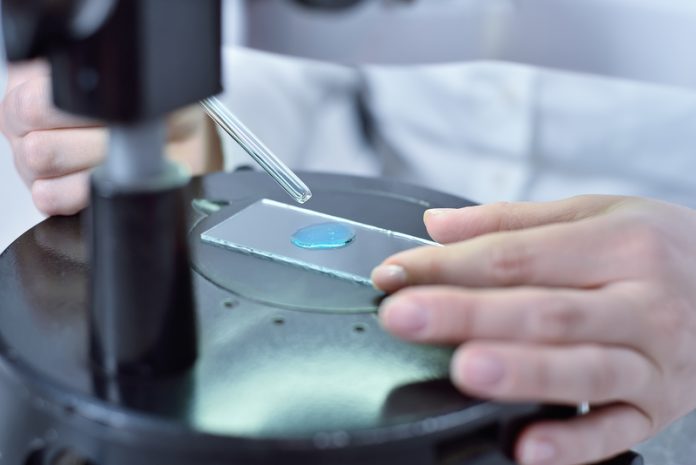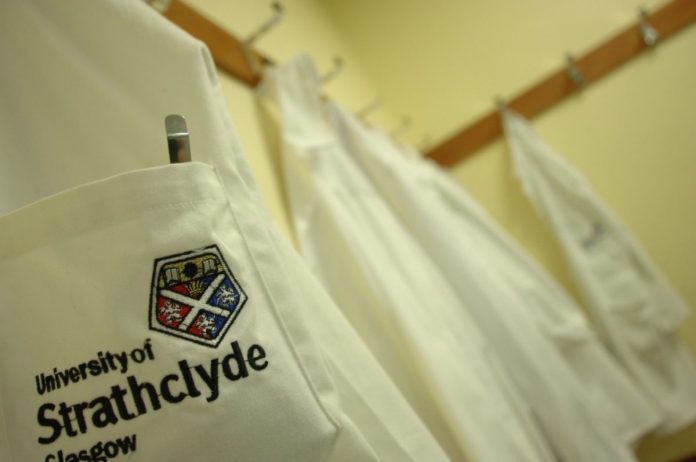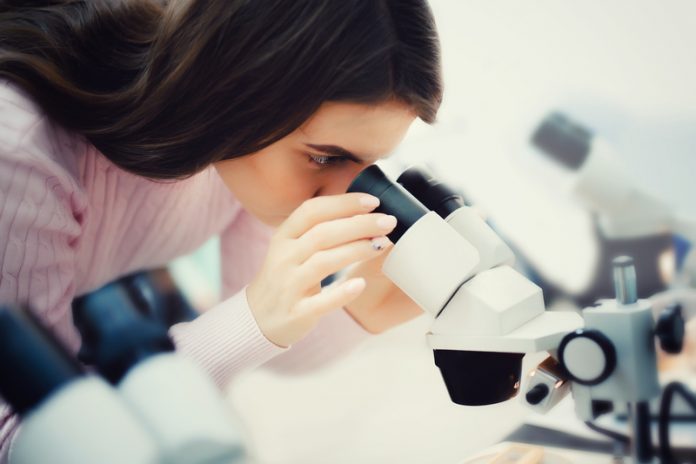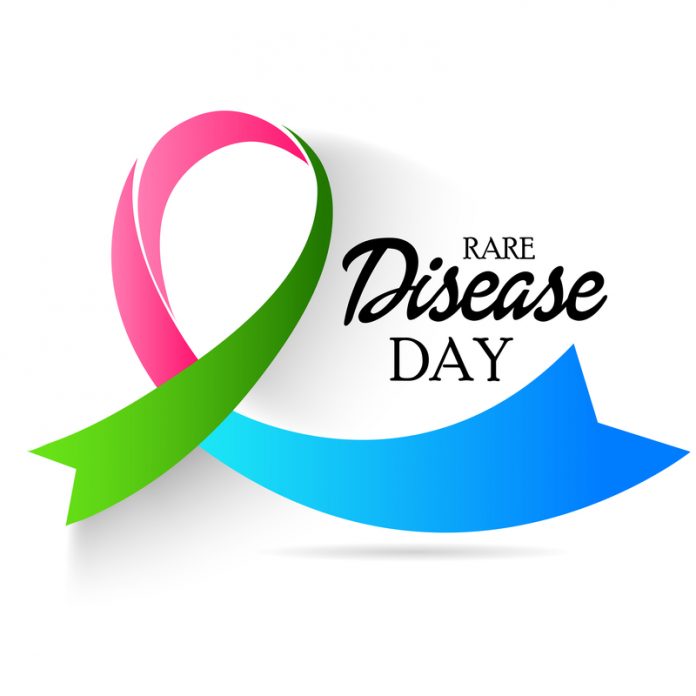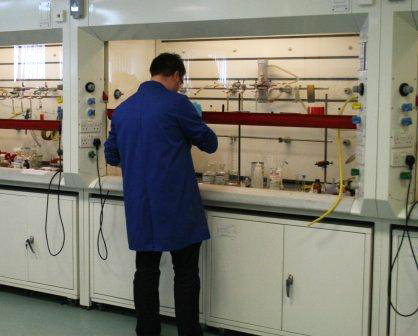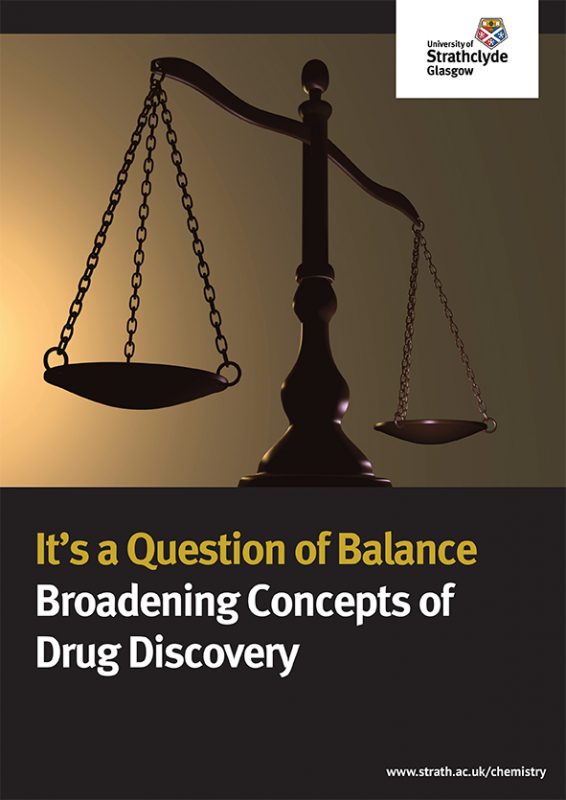Open Access Government produces compelling and informative news, publications, eBooks, and academic research articles for the public and private sector looking at health, diseases & conditions, workplace, research & innovation, digital transformation, government policy, environment, agriculture, energy, transport and more.
Home Search
Heterocyclic Chemistry - search results
If you're not happy with the results, please do another search
Chemistry-based Innovation: There’s life in the old science (literally)
Professor Colin Suckling discusses chemistry-based innovation and research benefits that can be seen during our lifetimes.
Many people have written off traditional sciences as having little value to the modern world. The real excitement in science is said to be in the big things like the Higgs boson and gravitational waves....
Should we bother to teach chemistry anymore?
Professor Colin Suckling discusses the importance of chemistry...
As the year moves on into August we in Universities start to prepare for the next academic year and beyond. Amongst the routine revisions that take place is the information for prospective students who will apply during the next academic year. I’ve...
Electronic devices from organic semiconductors containing heterocyclic compounds
So far these notes on heterocyclic chemistry have dealt mostly with applications in medicinal chemistry. However one of the key things about heterocyclic chemistry is the range of applications that it supports. I was once involved in a project involving conducting polymers as biosensors with a former colleague at...
The challenges ahead in chemical sciences
Open Access Government lifts the lid on the greatest challenges facing those working in chemical sciences in the UK, as well as the opportunities ahead and a glimpse at promoting heterocyclic chemistry of every kind.
The ‘why’ and ‘what’ of academic drug discovery research at the University of Strathclyde
Prof Colin J Suckling OBE DSc FRSE from the Department of Pure & Applied Chemistry, details the ‘why’ and ‘what’ of academic drug discovery research at the University of Strathclyde, as well as his thoughts on the value of a chemistry degree.
Infectious disease: A worldwide research challenge
Prof Colin J Suckling OBE DSc FRSE, Research Professor of Chemistry at the University of Strathclyde imparts his expertise on the worldwide research challenge of infectious disease and argues that this is both diverse and everywhere
The One-World Problem – the Antibiotic Apocalypse
Antibiotic use and antimicrobial resistance, a growing issue, is discussed by Professor Colin Suckling from the University of Strathclyde
Treatment of Clostridium difficile associated diseases: One not so small step more… but still,...
Prof Colin J Suckling from the University of Strathclyde provides his seasoned opinion on a front-runner antibiotic for the treatment of Clostridium difficile associated diseases.
Chemical biology: A chance conversation but an important question
Research professor Prof Colin J Suckling OBE DSc FRSE discusses his engagement with medicinal chemistry and chemical biology
The development of anti-infective drugs
University of Strathclyde’s Professor Colin J Suckling shares research being undertaken into anti-infective and immunomodulatory drug discovery programmes
Science that transcends politics for a truly global reach
Politics cannot get in the way of scientific and global collaboration. Professor Colin J Suckling OBE DSc FRSE, Research Professor of Chemistry, Department of Pure & Applied Chemistry at the University of Strathclyde discusses
The impact of the referendum debacle will take time to work through in policy and in practice. Meanwhile...
Infectious disease is a global problem
Professor Colin J Suckling, Research Professor of Chemistry at the Department of Pure & Applied Chemistry, University of Strathclyde looks at how the recent EU Referendum could impact his institution and research.
Like many British academics, the result of the recent referendum on the UK’s place in Europe was a...
Where will our new medicines come from?
A view from one of the drug discovery teams at the University of Strathclyde, Glasgow, Scotland
Earlier this year I completed a three-year term as a ‘Public Partner’ on the Scottish Medicines.
Consortium (SMC), which is the body that advises the National Health Service in Scotland on the cost-effectiveness of medicines....
New anti-infective drugs following a grand tradition
Nobel Prizes are normally awarded to scientists whose fundamental discoveries have had a major impact over a number of years in the particular field of scientific research. Just occasionally a Nobel Prize recognizes a discovery that has come directly to the consumer. From the point of view of a...
Drug discovery backwards?
There’s been a lot written about the slow-down in the marketing of new drugs in the last 20 years from the point of view of the international pharmaceutical industry establishment. But if you asked an Indian physician what is needed to discover a new drug he or she might...
Medical cannabis advocacy and education
Board Member for Canadians for Fair Access to Medical Marijuana (CFAMM), Peter Thurley, shares his views on medical cannabis advocacy and education issues
Pharma R&D productivity: Discovering new medicines
CEO of Medicines Discovery Catapult, Chris Molloy provides a compelling analysis of pharma R&D productivity and the discovery of new medicines and the role that the SME sector can play in this
EURORDIS Group call for more access to rare disease therapies in Europe
In light of Rare Disease Day, EURORDIS – Rare Diseases Europe and its member organisations, have launched a new position paper today (28th February), to grant patients full access to rare disease therapies across Europe.
Parasitic infection: Animal health matters too
Professor Colin J Suckling explains how teams at the University of Strathclyde and University of Glasgow are challenging global parasitic infection
Cows, horse, camels
When people talk about drug discovery the automatic reaction is to consider human health. In most countries with stable food supplies that are an understandable response. However...
It’s a Question of Balance – Broadening Concepts of Drug Discovery
Professor Colin Suckling discusses drug discovery and how a linear approach is no longer relevant… Since the 1960s it’s been accepted that the way to discover new drugs is to take a well-characterised disease with a good understanding of the biological cause of the disease.







